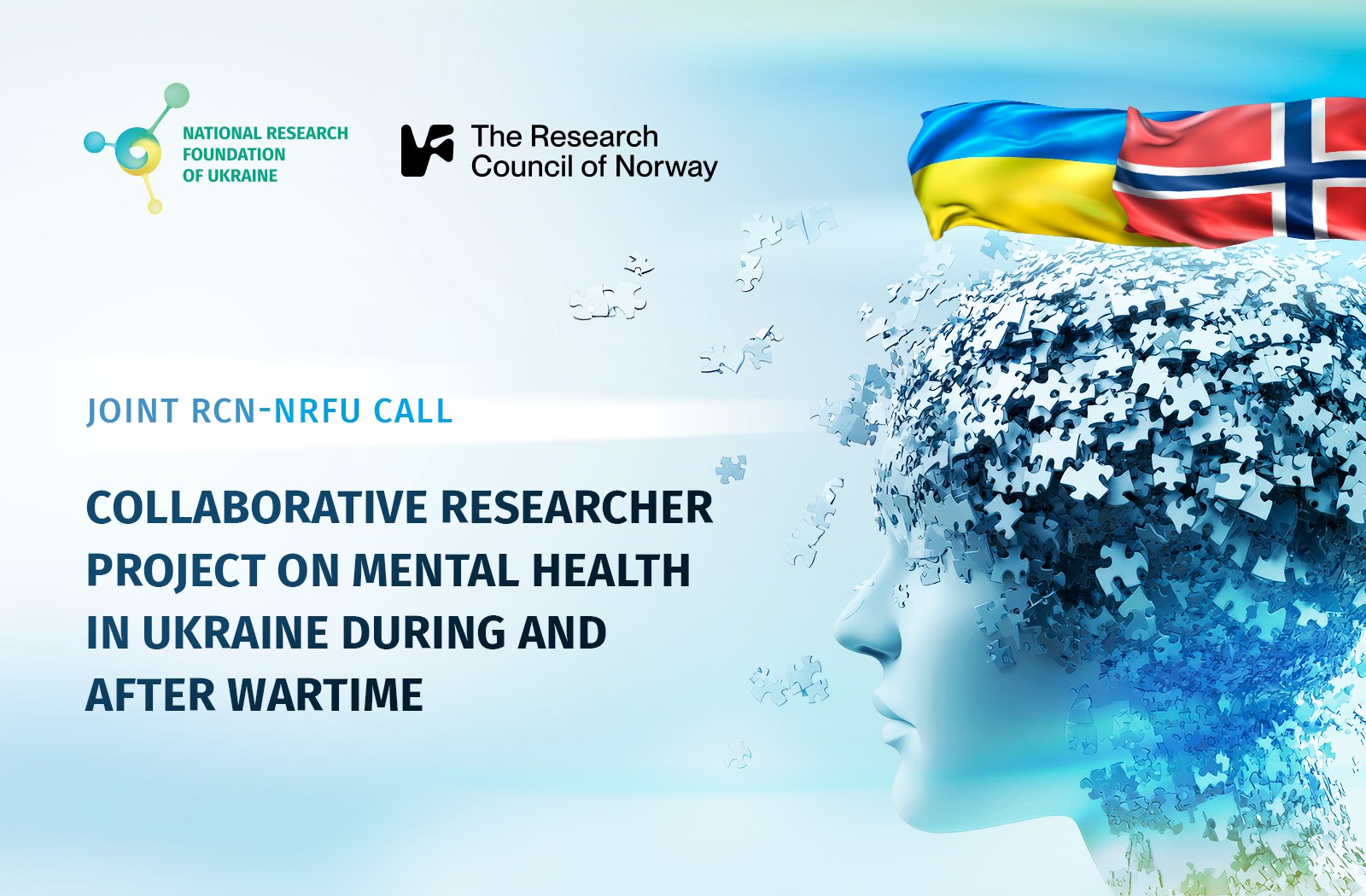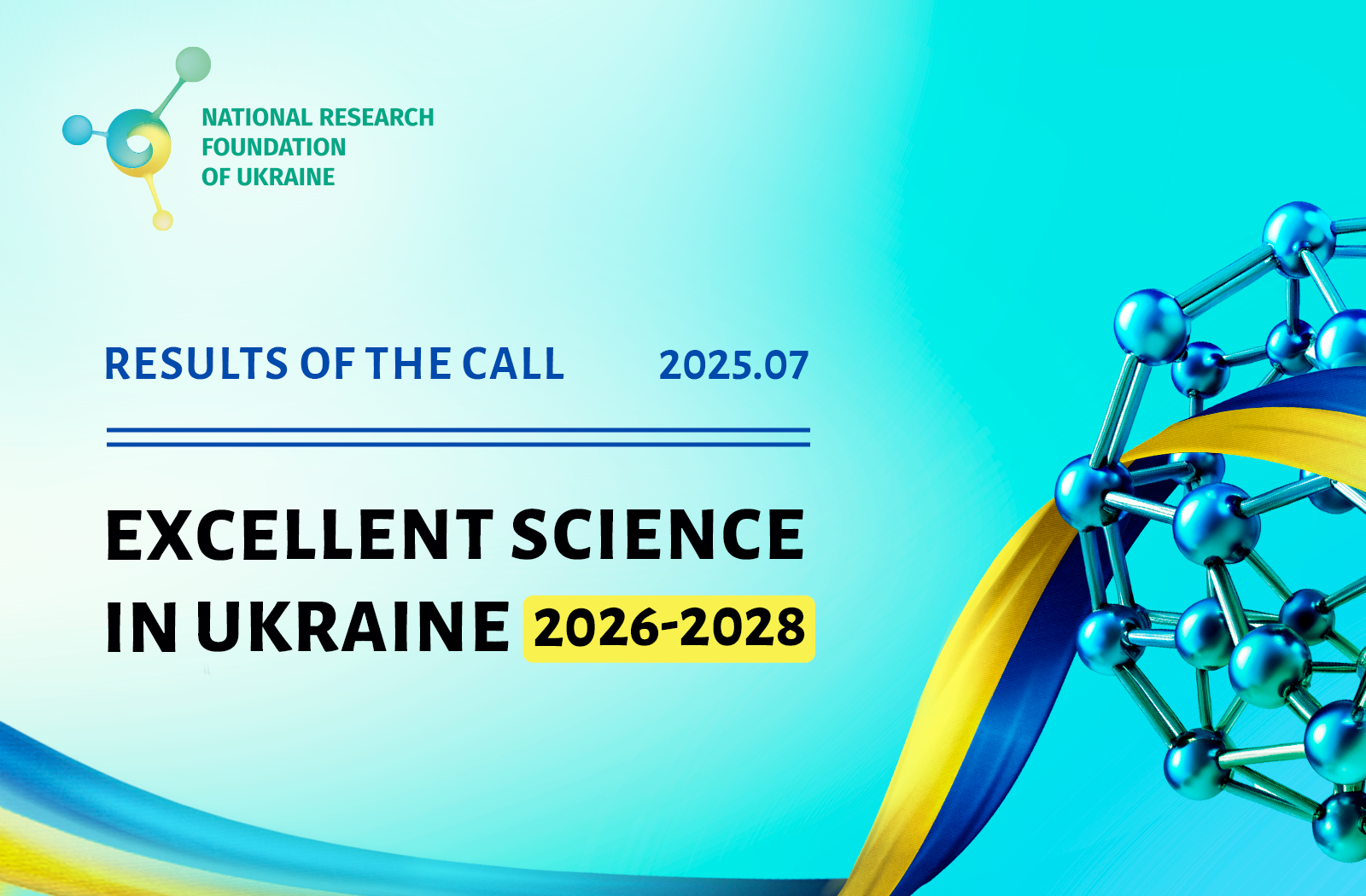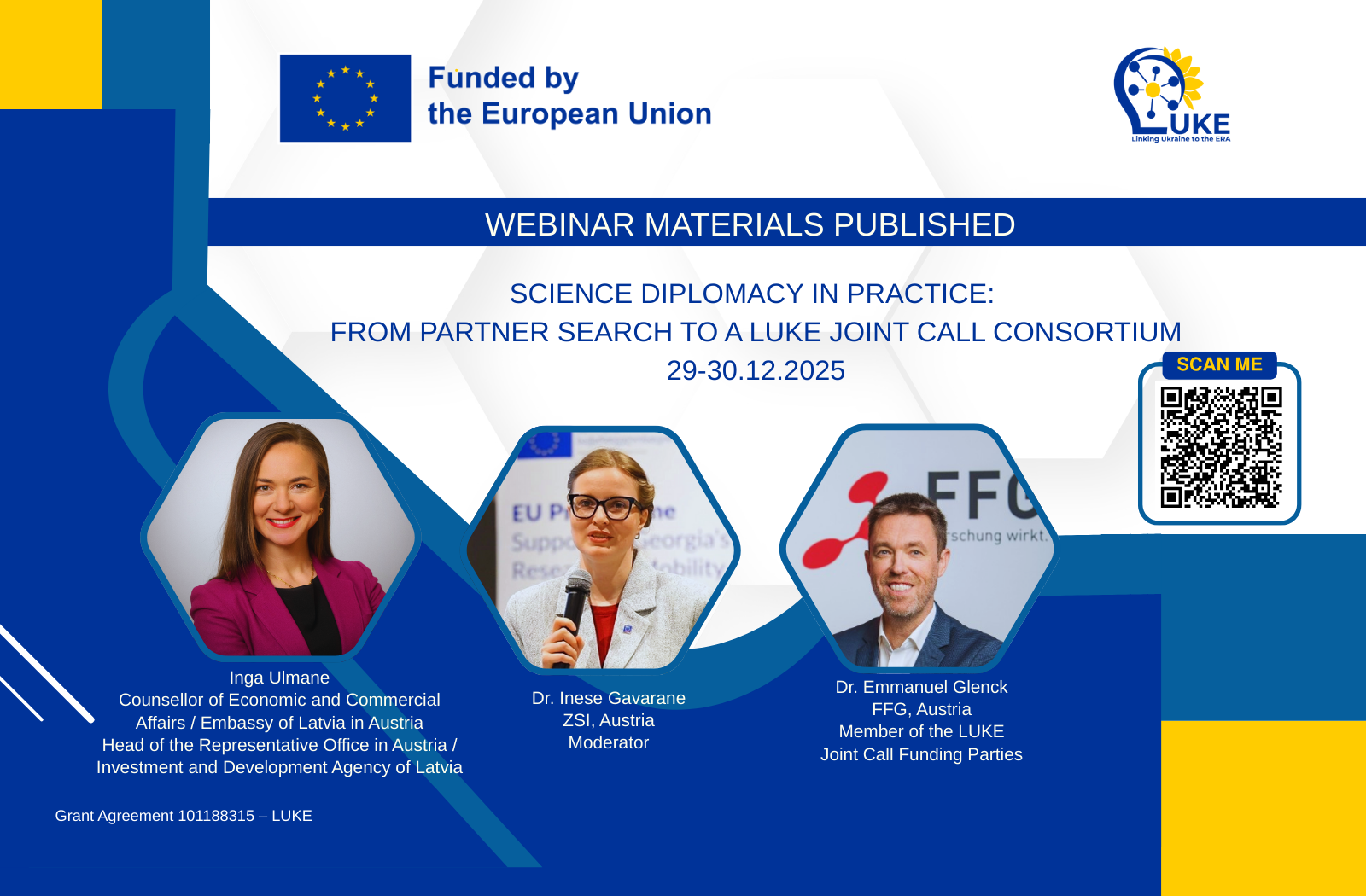Scientists from the Institute of Cell Biology and Genetic Engineering of the National Academy of Sciences of Ukraine “grew” plants that contain proteins with antiviral and antibacterial properties. Their project «Biosynthesis in plants of recombinant pharmaceutical proteins that counteract the spread of certain infectious diseases of viral and bacterial origin» won the call «Science for Safety and Sustainable Development of Ukraine» and received funding of about seven million UAH.
National heritage
The supervisor of the project is Academician of the National Academy of Sciences, Director of the the Institute of Cell Biology and Genetic Engineering Mykola Kuchuk. He explained that plants could be producers of recombinant pharmaceutical proteins. These proteins are needed to treat people with cancer, cardiovascular and hormonal diseases.
Genetically modified plants are easier to grow, which means that prices will be more affordable. In addition, proteins synthesized in plants do not contain viruses, pathogens and endotoxins that may be present in medicaments made of animal cells or bacteria.
Tomato instead of a pill
The idea of the project is to obtain genetically modified proteins that can be used to treat both humans and animals. – We decided to synthesize these proteins in edible plants – in carrots, lettuce, tomatoes, mizuns (Japanese cabbage), – scientist explained. – Medicines can be made on their basis and these plants can be considered as a complete antiviral and antibacterial drug.
First of all, scientists have created transgenic tomato plants. – We integrated the interferon alpha 2b gene into the genome of the Ukrainian selection tomato – Mykola said – have grown two generations and convinced that all necessary properties are inherited.
Tested on mice!
Scientists have tested the effectiveness of interferon in genetically modified tomatoes on mice. One group of rodents was fed with tomatoes, the other – with compound feed. After mice were infected and compared to how they responded to the virus. The results were brilliant: the mortality rate in the group that ate compound feed was 17 percent, while in the other group, that received tomatoes, all mice survived.
Both tomatoes and leaves have healing properties. And most importantly, transgenic plants can be the basis for the creation of new medicines.
An alternative to antibiotics
The second vector of the project is the synthesis of antimicrobial proteins of colicin, active against pathogenic strains of Escherichia coli in plants.
Genetically engineered colicin proteins may be an alternative to antibiotics. The effectiveness and safety of these proteins is recognized by the US Food and Drug Administration (FDA) – drugs based on them are approved for use as antibacterial agents.
New equipment purchased with the NRFU funding also helped to achieve significant results. This is a test system for the determination of the protein activity (it costs about one million UAH), reagents, enzymes, etc.
The team that worked on the project is unique. It consists of ten people, including leading and young scientists. – Research institutes in Europe, the United States and China would be happy to hire any of our team – says the sypervisor – But thanks to the grant funding from the NRFU they have an opportunity to carry out a ‘breakthrough’, extremely important research at home, in Ukraine.
Professor advises colleagues who are planning to submit projects to the NRFU calls to think carefully about the project topic – it should be really important. – In case of refusal, do not be upset – the scientist added. – Defeats happen to everyone, we should not complain after, but rebuild the ranks and move on.
Svitlana GALATA






